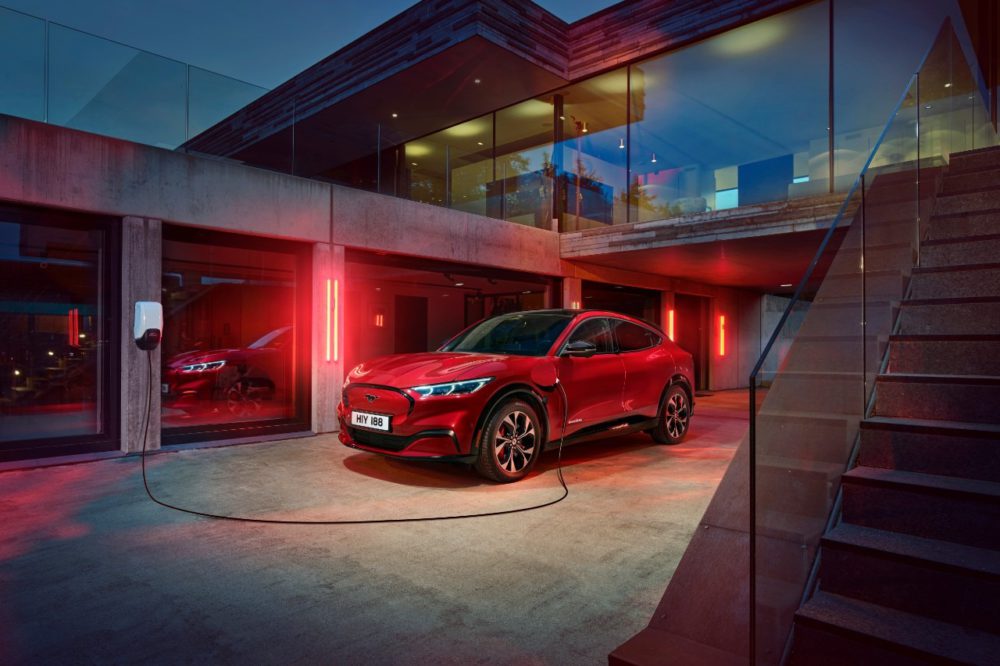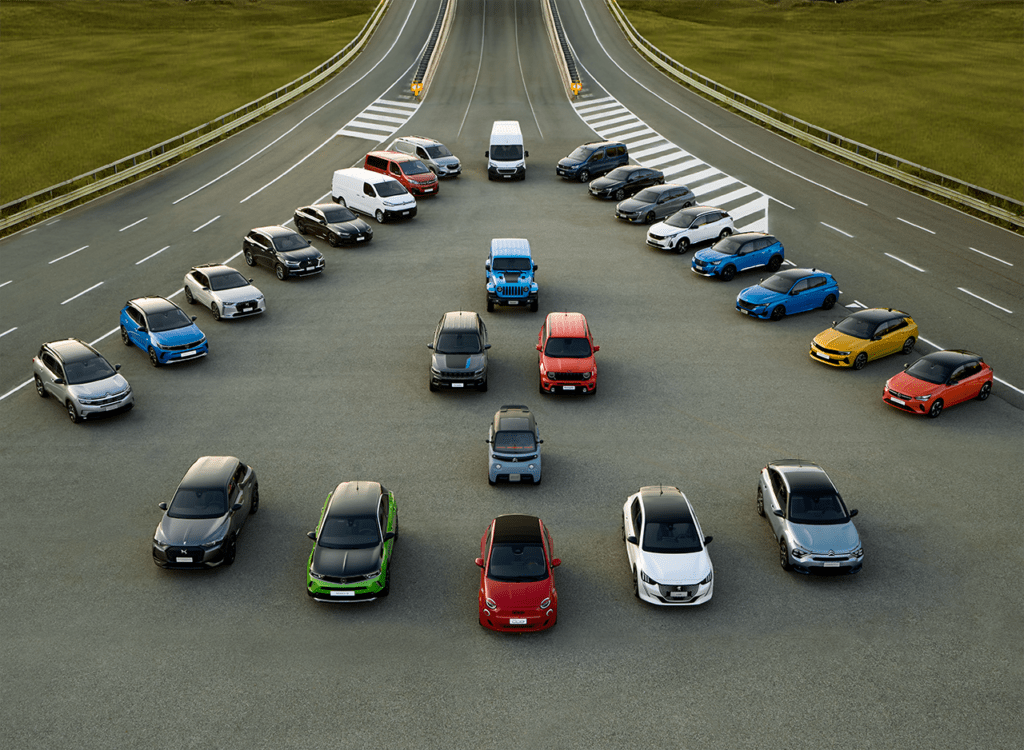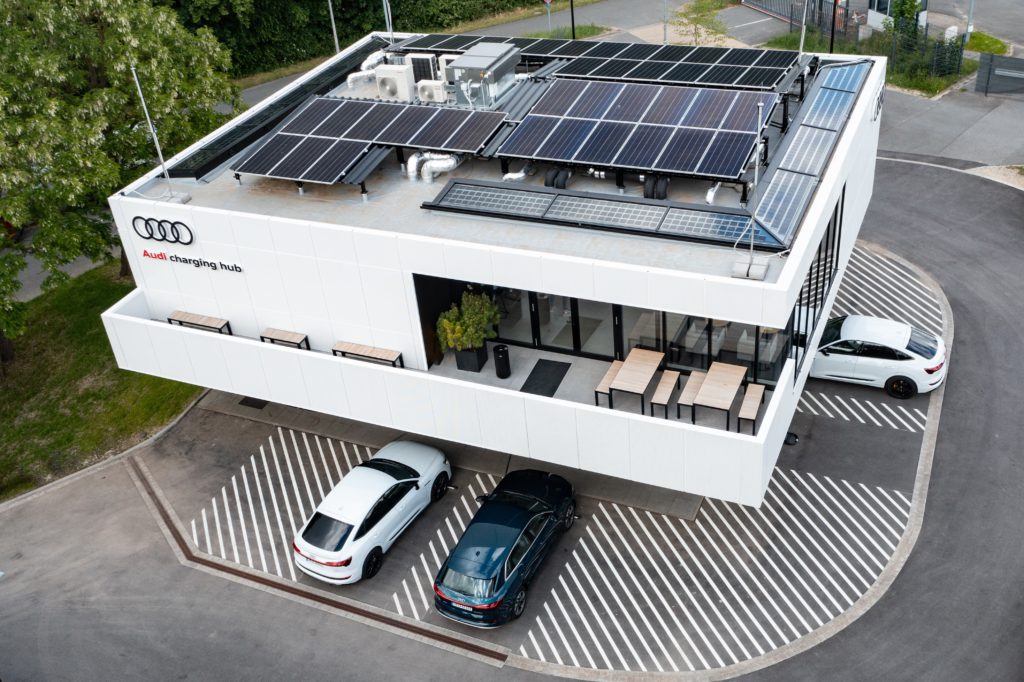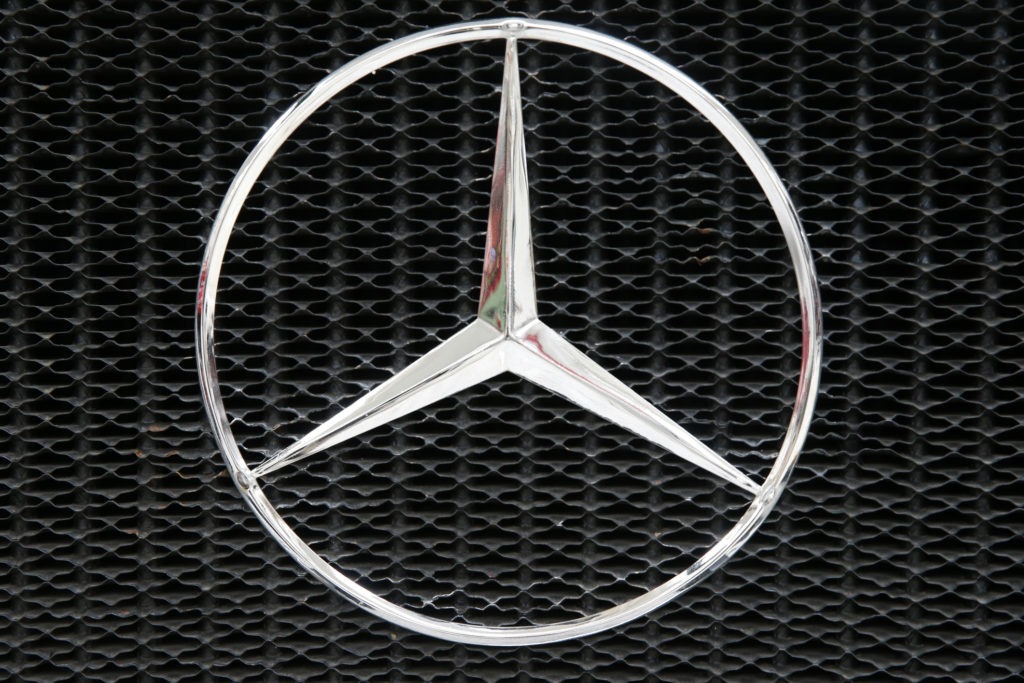Volvo pushes ahead with sustainability plans
25 June 2022
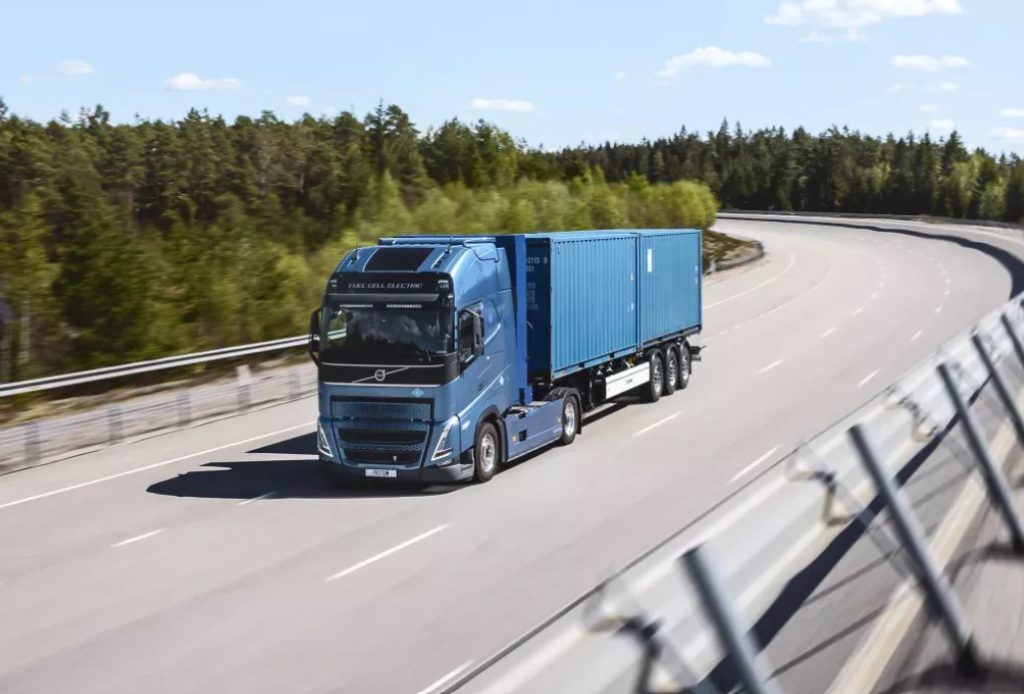
Volvo is exploring the development of second-life vehicle batteries and hydrogen-powered trucks through two of its subsidiaries.
Volvo Energy is investing approximately SEK 50 million (€4.6 million) in second-life battery specialist Connected Energy. The investment is part of Volvo Group’s plan to expand its battery and sustainability opportunities.
UK-based Connected Energy works with electric vehicle (EV) manufacturers, recyclers, funders, energy-storage users and policy makers to enable the reuse of batteries. Central to Connected Energy’s work is upscaling batteries, which are then deployed in commercial-scale, stationary storage-systems.

‘There is a great deal of untapped potential in the second-life use of batteries,’ commented Joachim Rosenberg, president of Volvo Energy. ‘This forward-leaning investment aims to facilitate the scaling-up of second-life battery energy storage systems and further secure circular business opportunities for the forthcoming ramp-up in Volvo Group’s second-life battery returns.
‘Together with Connected Energy, we will minimise the environmental impact of the batteries that have powered Volvo Group vehicles. By repurposing the batteries, we obtain the full value – from them from a climate, environment and business perspective.’
Volvo Energy is a business area within the Volvo Group. It is dedicated to providing support and infrastructure during the EV manufacturing process, as well as securing reliable and sustainable second-life opportunities prior to battery recycling. Consequently, Volvo Energy focuses on second-life opportunities.
Volvo cars recently raised €500 million from global investors via a green bond to help accelerate its transformation into a fully-electric carmaker by 2030. Earlier this year, Volvo became the first carmaker to join the SteelZero initiative, which is dedicated to increasing demand for fossil-free steel in a bid to support the shift to carbon-neutrality in the global steel industry.
Volvo’s hydrogen truck
Volvo Trucks recently introduced a series of electric-powered heavy goods vehicles (HGVs). As part of plans to further decarbonise its fleet, the company has started testing hydrogen fuel-cell electric vehicles. The company states that customer pilots will start ‘in a few years’ and full commercialisation is planned for the latter part of the decade.
Crucially, the full-scale rollout of hydrogen-powered trucks is dependent on the parallel development of refuelling infrastructure. Volvo Trucks is looking to reduce the number of times a vehicle will need to refuel on long journeys.
Vehicles are equipped with two fuel cells. They have the capacity to generate 300kW of electricity from the hydrogen onboard, instead of energy being stored in a battery, charged from an external source.
Fuel cells are supplied by cellcentric, a joint venture between the Volvo Group and Daimler Truck, committed to developing hydrogen-based fuel cells. It is estimated that the trucks will have an operational range of up to 1000km, comparable to many diesel trucks, with a sub-fifteen-minute refuelling time.
‘We have been developing this technology for some years now, and it feels great to see the first trucks successfully running on the test track,’ said Roger Alm, president of Volvo Trucks.
‘The combination of battery electric and fuel cell electric will enable our customers to completely eliminate CO2 exhaust emissions from their trucks, no matter what transport assignments they have.’
